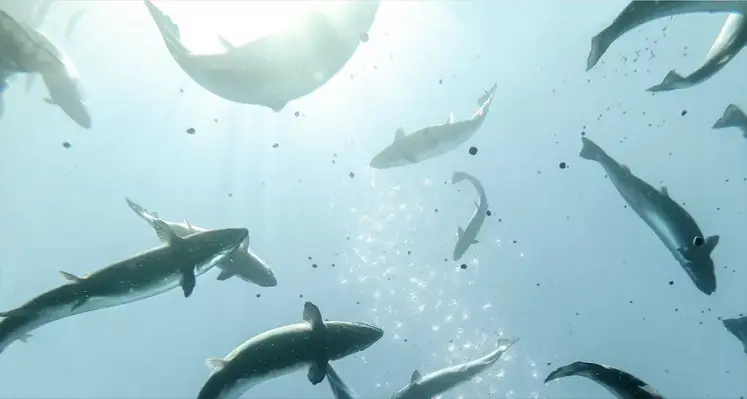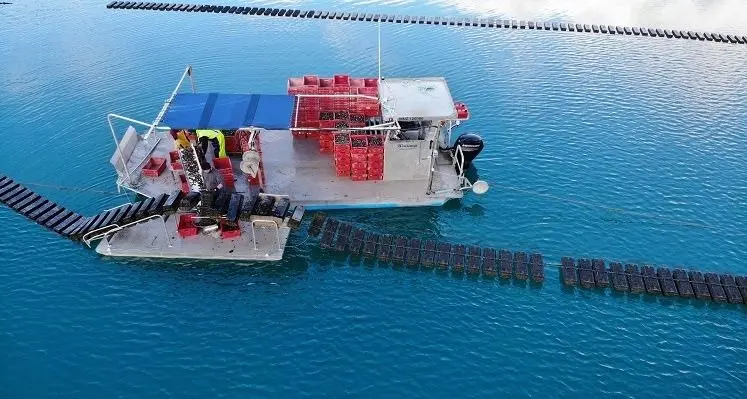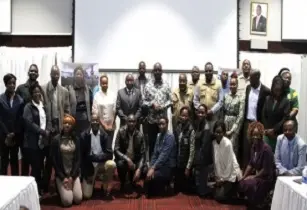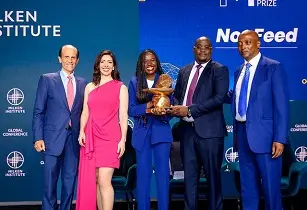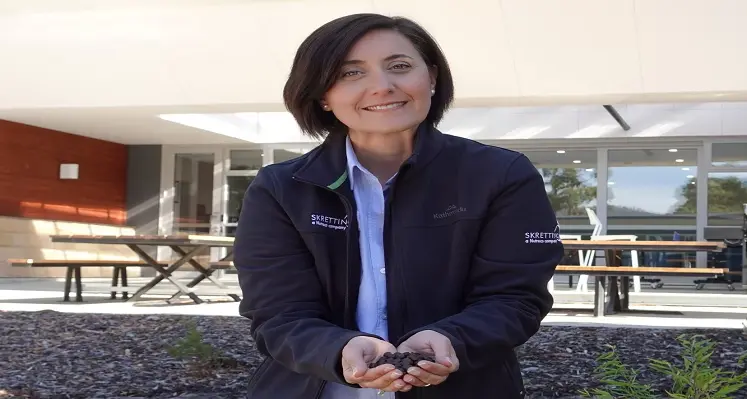
Cosmos aims to achieve optimal levels of fish performance and farm efficiency, including higher growth rates at a lower feed conversion levels. (Image source: Skretting)
In an attempt to aid producers in boosting their operations and harvests, global aquaculture nutrition solutions and services company, Skretting recently announced the launch of their new premium grower feed, Cosmos, tailor-made for farmed barramundi, a widely popular fish in today’s global seafood market




